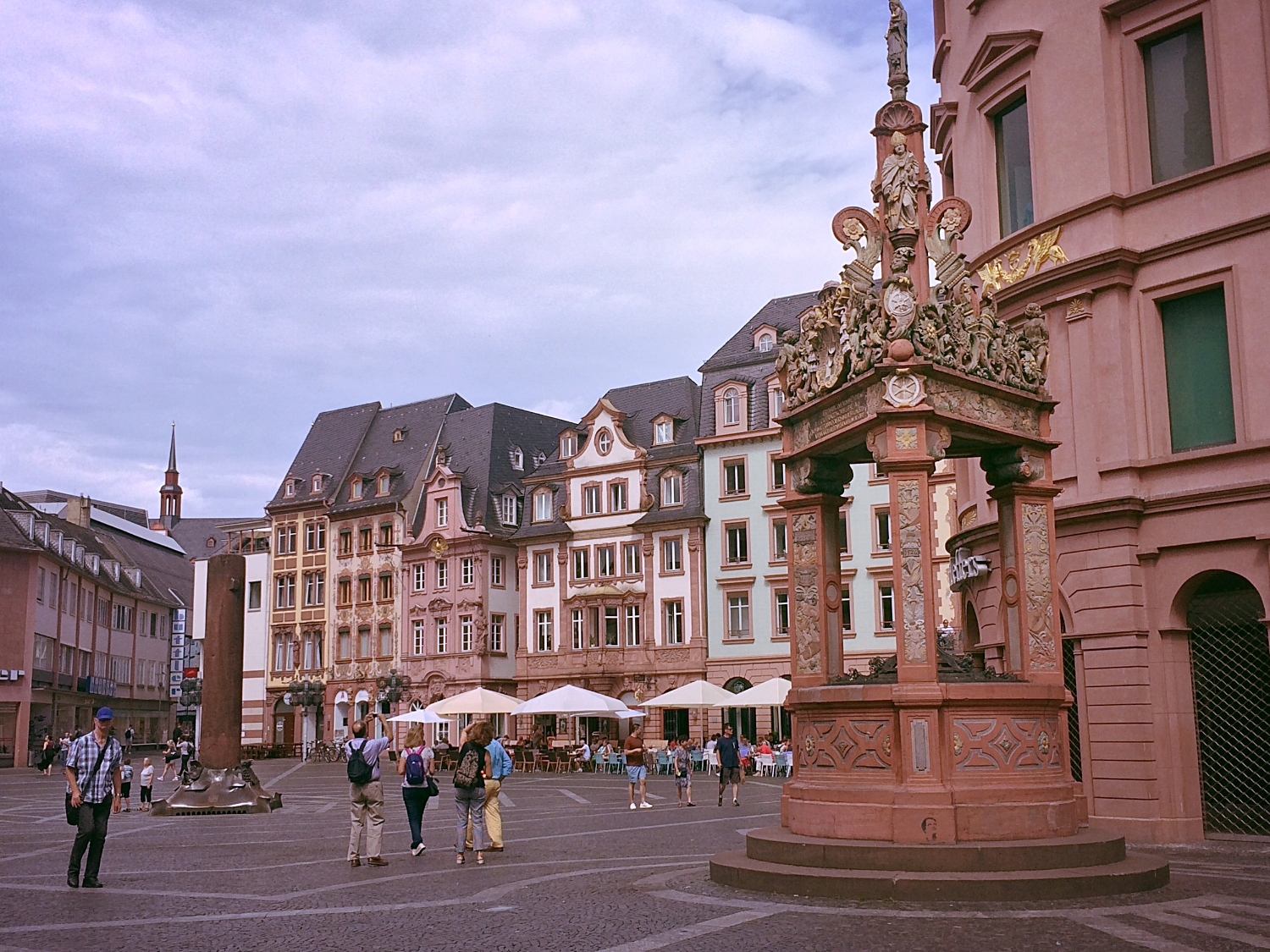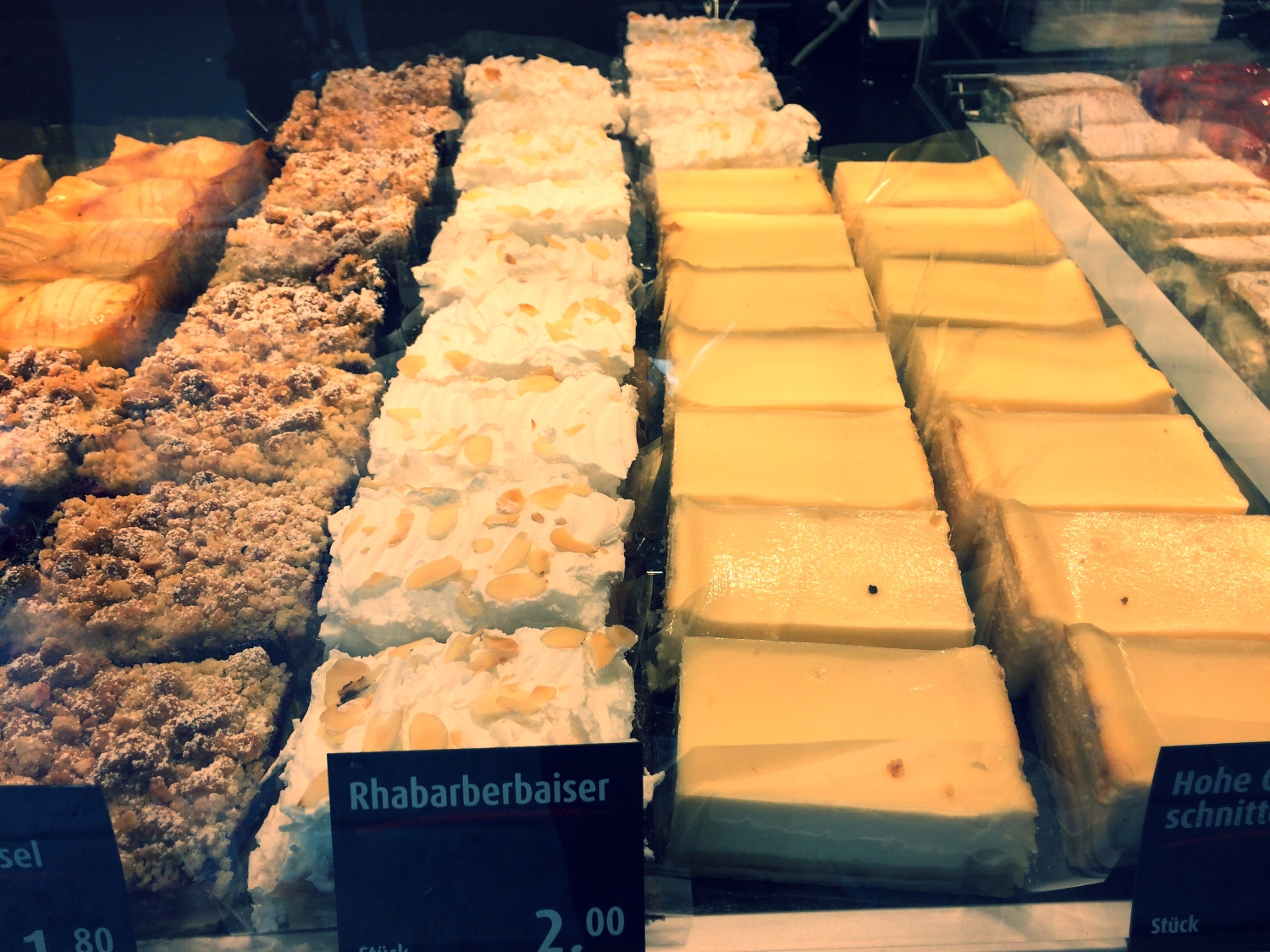Germany in Summer: City Hopping
For many non-Germans, Germany is a land of seriousness. Serious people, doing serious jobs, which once finished require them to pick up their serious children from a serious kindergarten. Although it might be a stretch to accuse Germans of being humourless, Germany does take the old adage “Work hard, play hard” to heart. Perhaps the reason that Germany can remain so serious in the face of an increasingly bizarre and terrifying world is that, on average, Germany has a very generous (serious) approach to paid holidays, with roughly 34 days per year, not counting public holidays. Germans can afford to be overly serious at work, given that they can take more than four weeks off a year. Granted they may spend these holidays seriously by getting up early and taking all the best sun loungers, but it is hardly their fault if everyone else in the resort is too hungover to get up before 12 PM. Everyone else should be taking their rest and relaxation more seriously.
Generalisations aside, Germany is well placed when it comes to taking holidays abroad and they are spoiled for choice when it comes to choosing holiday destinations. To the south sits Italy, one of the most popular holiday spots for Germans attempting to ‘Get away from it all’. Croatia is equally high on the list, alongside Spain and Greece. Yet year after year statistics show that of all the destinations Germans love the most, Germany itself tops the list of preferred locations. Some enjoy heading south to Bavaria, while others head north to enjoy the gale force winds and brisk summer rain of the northern German coastline. Yet others opt to spend their bountiful paid holidays hopping from city to city, either for weeks on end or for numerous long weekends.
Mainz Altstadt
It would be easy to accuse the Germans of being unadventurous when it comes to choosing where to holiday, but I would argue the sheer convenience married with a wealth of varied destinations are the main reasons so many Germans choose a stay-cation. For instance, getting around Germany is fairly uncomplicated. For those who choose to drive, traffic might be an uncontrollable nuisance, but once freed of the roadworks and bad drivers, Germans can literally race to their destinations on kilometres of Autobahn with few speed restrictions. Who needs the Hyperloop when you can drive at 200kmph?
Then again, Germans are an environmentally conscious bunch, regardless of what their automobile manufacturers get up to. For those who would prefer to avoid the roads, Deutsche Bahn are on hand to take holidaymakers all over Germany. It may be generally accepted that German trains do not always run on time and that prices are rising, DB does still provide a high level of service when compared to other areas of Europe. Also, the ICE trains or highspeed rail as it better known outside Germany, give customers the option of getting to far flung destinations in a matter of hours. Those with the temerity to have long legs may find these hours of travel quite uncomfortable, but there are still other alternatives to mashed knees and dead legs when travelling through Germany.
Heidelberg - Seriously Popular
Unsurprisingly for a central European country, Germany has many dedicated cycle paths both within cities and further out in to the countryside. This makes cycling a viable option for holiday travel, with some companies even offering transport for luggage to lessen the load. Nothing makes cycling more difficult than attempting to lug 25kg of Samsonite baggage around, even if they have little wheels on the bottom.
If none of these options are agreeable, Germany does a fine line in river cruises that allow passengers to hop on and off at destinations along famous rivers such as the Rhine, Main or Danube. True the only stipulation for passengers is that they must be geriatric, own high waisted slacks and have sun tans so thick they actually begin to trap surrounding light, the frequency of these boat tours means they remain a popular choice.
Augsburg-Goldener Saal
Once the mode of travel has been decided, the only thing left to do is choose where to go. It is here that Germany really begins to shine. I have recently spent a few weekends travelling around Germany, and it still surprises me how different each locations is. This might seem obvious, but it must be remembered that increasingly European cities are being homogenised by global brands. The UK is one country that has suffered the side effects of global chains, with many city centres not only dominated by exactly the same retail outlets, but similar restaurants, bars and even local shops. In most towns and cities of the UK, there are a wealth of Costas, Neros, Starbucks, Tesco Metros, Primarks, Jamie’s Italians, Witherspoons and Nandos. They are successful because they provide standard expectations, one that ensures visitors will not be disappointed, but at the same time will not be surprised.
A land of bakeries
Of course Germany is not a chainless wonderland, where every store is an independent, staffed by men with bountiful beards and women displaying ornate 50s tattoos, selling bespoke products to an incredibly serious, but discerning public. Germany does suffer similar homogenisation, but it also has a slightly different approach to the problem. For instance, I have yet to experience a German Witherspoons, if one exists, the closest alternative being the ever present Irish pubs that can be found within walking distance of every German Haupbahnhof. They all have differences, but I guarantee every single one has a Guinness toucan replica poster or mirror or at least a terribly drawn version of it somewhere on the premises.
Starbucks can also be found, as it can in every city in the world, but they still face fierce competition from regional bakeries. This in itself is an example of the German approach to chains; Germany has many chains, but often they are regionalised. Here in Nürnberg we have Der Beck bakery, but go to another major city and there will be a different chain in the market. Independent stores of all kinds are still able to survive, even stores that have no reason to exist. I once lived in a village that had a store that only sold cushions, fireplaces and kitchen equipment and despite never appearing to have any customers, was still open last time I visited. If that was not strange enough, a few doors down was a shop that sold rocks and geodes that proudly advertised that it had been open since 1992.
With ease of transport and varied destinations, it really is not a surprise that Germans like to holiday domestically. Should Germans suspect that they are missing out on the feeling of being abroad, they can easily travel to a part of Germany where accents are as thick as molasses and attempt to barter over the price of a loaf of bread or wake up early and steal some unsuspecting persons sun lounger. All it takes is a little serious planning, something our German brethren are always prepared for.









